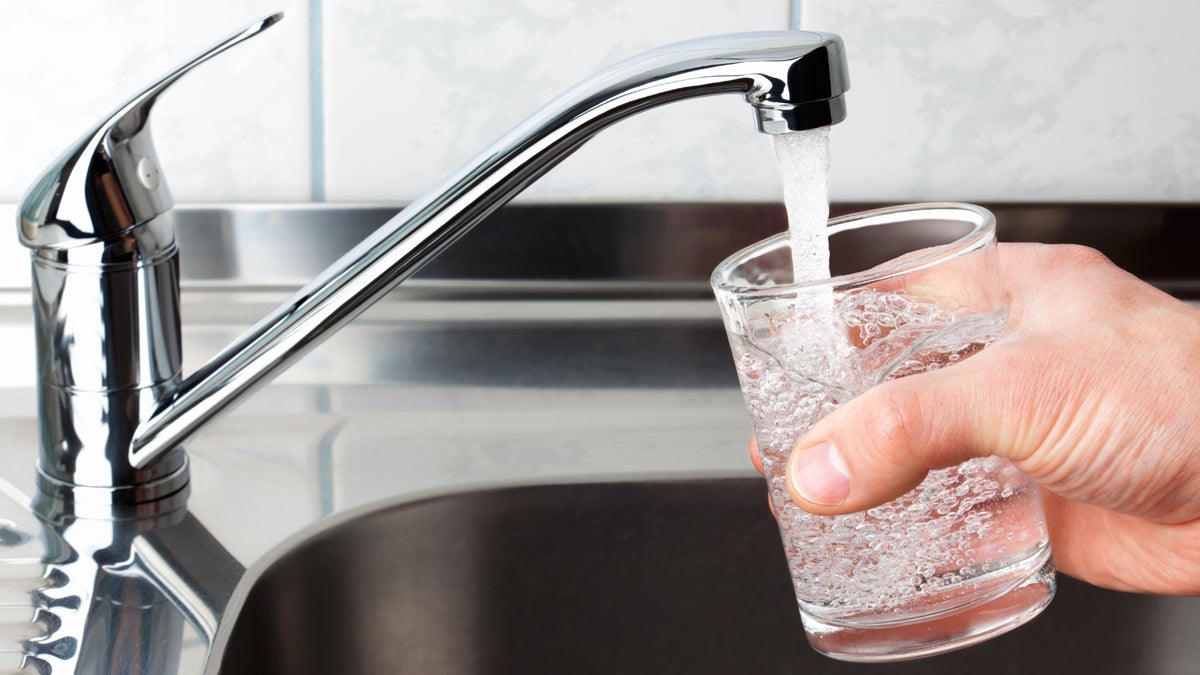Taste testing your tap water
Listen
(Shutterstock image: http://shutr.bz/1Nd6zb7)
What are the factors that contribute to great tasting tap water? A professional water taste tester explains.
Arthur von Wiesenberger, a professional water taster, said great tasting water depends on the absence of certain things.
“You want the absence of chemicals, things like chlorine which gives almost a chemistry lab taste and odor to water,” Wiesenberger said. “We don’t want too much of certain minerals, like sodium might make water taste a little bit too salty.”
Unlike Americans, Europeans base the quality of their water on what’s in it, not what’s left out.
“They want certain minerals because of its medicinal value and health benefits, like magnesium and potassium and calcium,” Wiesenberger said. “Those are all considered to be good, but minerals which also give water a good taste.”
He said that water also gets its own taste naturally as it travels from the sky to beneath the ground.
“[The water] comes in contact with different kinds of rock strata where it picks up minerals and trace elements. So, each spring has its own personality and therefore its own taste,” he said.
When Wiesenberger tastes water professionally, there are certain things he looks for. First is appearance.
“It should be perfectly clear. I guess you can call it, ‘Fifty Shades of Clear,'” he said.
The second characteristic is aroma.
“Generally it should be odor-free, but things like chlorine will give it an aroma,” Wiesenberger said.
Finally, he checks the taste.
“You roll the water over your tongue and all the taste buds in your palette trying to pick up the different nuances of saltiness, sourness, bitterness, sweetness,” Wiesenberger said.
As for the taste of his tap water in California, he just doesn’t like it.
“Where I live, the tap water is so mineralized that you can virtually chew it,” Wiesenberger said.
WHYY is your source for fact-based, in-depth journalism and information. As a nonprofit organization, we rely on financial support from readers like you. Please give today.



